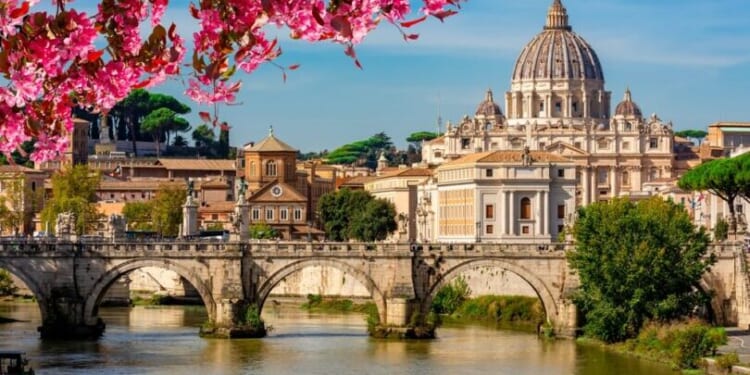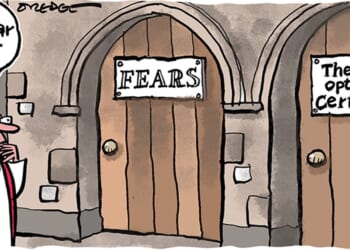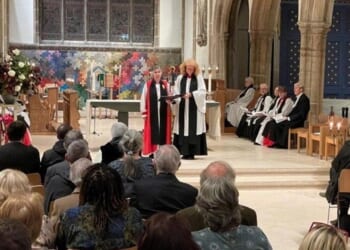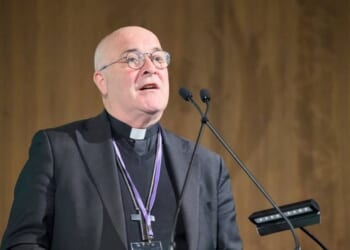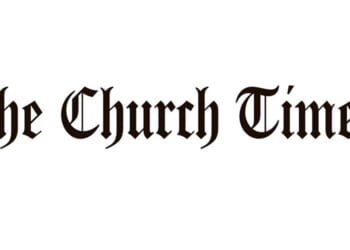(LifeSiteNews) — The Holy See reiterated the Catholic Church’s position on gender, stating there are only males and females at the recent 16th Ministerial Conference of the United Nations Trade and Development.
While commenting on the Geneva Consensus resolution adopted by the conference, the Holy See clarified the limits of certain terminology found in the document. It particularly highlighted concerns with the use of terms such as “equity” and “inclusion,” which are associated with gender ideology.
With the main theme of the conference was “Shaping the Future: Driving Economic Transformation for Equitable, Inclusive, and Sustainable Development,” the Holy See reiterated that it would not support any resolution recognizing elements of gender ideology often associated with the term “inclusive.”
“The Holy See reiterates its position regarding the term ‘gender’,” writes the Vatican delegation.
“The Holy See underlines that any reference to ‘gender’ and related terms contained in any document that has been or that will be adopted by this Ministerial Conference or used within or adopted by the intergovernmental machinery of UNCTAD is to be understood as grounded in the biological sexual identity that is male or female.”
READ: Vatican to publish document on monogamous marriage at the end of November
The Holy See reiterated its position after recent discussions among UN security delegations had touched on the topics of transgenderism.
In October, various left-wing UN Security Council delegations pushed for unilateral acceptance of terminology surrounding transgenderism. Ireland’s delegation advocated for the inclusion of transgender-specific programming in peace operations, emphasizing “intersectional” approaches and the recognition of women “in all their diversity.”
Having reaffirmed its stance on gender, the Holy See expressed appreciation for other elements of the Geneva Consensus, notably its concern for individuals in vulnerable circumstances, including migrants.
“The outcome document just adopted recognizes the centrality of the human person in development discourses, including those in the most vulnerable situations, such as the poor and migrants, as well as countries in special situations,” stated the Holy See.
“As we move forward, it is essential that this human-centred vision remains at the heart of our collective efforts.”

